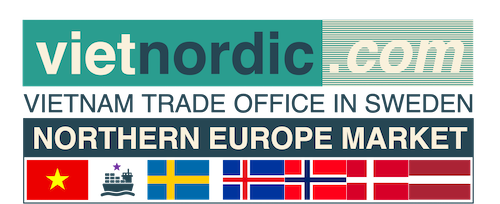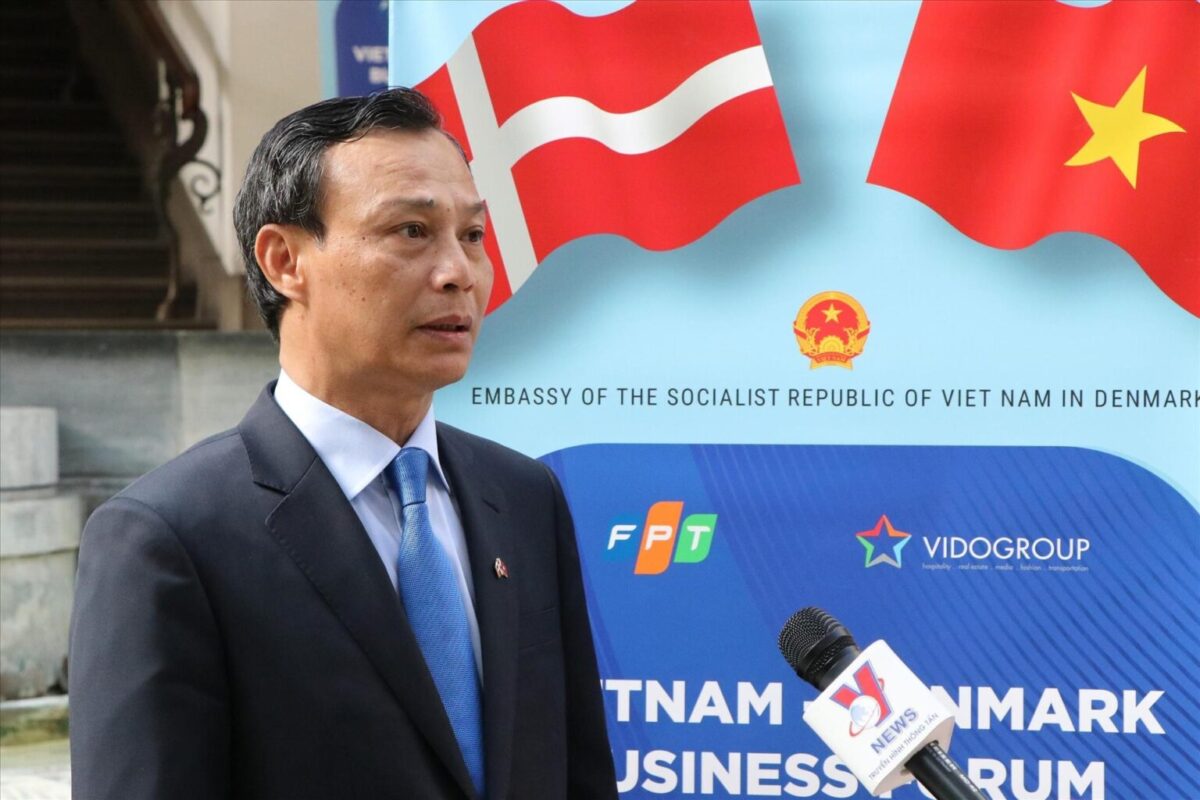Through partnerships with leading nations in green transition and sustainable development like Denmark, Vietnam has the opportunity to learn from their experiences in policy-making, legal frameworks, resource utilization, and technology. This cooperation will allow Vietnam to adapt these lessons to its own conditions, contributing to the commitments made by Prime Minister Pham Minh Chinh at the 26th United Nations Climate Change Conference (COP26).
Denmark’s aspiration, determination, and vision
In Copenhagen, Denmark’s capital and largest city, visitors often mention Copenhill, a remarkable architectural achievement that has become a symbol of Denmark’s green transition. Copenhill is a $650 million waste-to-energy plant, inaugurated in 2017, capable of processing up to 560,000 tons of waste annually. It provides electricity to over 50,000 households and heating to 120,000 homes. Additionally, Copenhill achieves zero emissions by employing carbon capture technology and recycles around 100 million liters of water each year. About 90% of the metals from the waste are recovered and reused, and the post-treatment residue produces approximately 100,000 tons of material suitable for road construction.
Copenhill is also a tourism hub, attracting hundreds of thousands of visitors each year with its artificial grass ski slope (which becomes a snow slope in winter), an 85-meter climbing wall, a fully equipped restaurant, and a unique bar. This iconic project highlights Denmark’s nearly 50-year commitment to the green transition, driven by political will, ambitious policies, and technological innovation.
In its pursuit to reduce emissions by 70% by 2030 (compared to 1990 levels) and reach net-zero emissions by 2050, Denmark has focused on maximizing resources through public-private partnerships, energy transition, circular economy, smart city development, and international cooperation in green transition.
Effective and strategic cooperation
Vietnam and Denmark have a longstanding partnership in green growth and sustainable development, achieving notable successes. Since 2011, the two countries have had a strategic partnership in climate change, energy, environment, and green growth. In 2013, Vietnam and Denmark upgraded this to a Comprehensive Partnership, where green transition and sustainability have been central in areas such as energy, healthcare, agriculture, education, trade, and investment.
This stable and practical relationship expanded in November 2023 when Vietnam and Denmark established a Green Strategic Partnership encompassing ten broad areas of cooperation. These milestones reflect the commitment of both governments and their people to green transition and sustainable development. This collaboration is not only beneficial for each country but also demonstrates a shared responsibility for global challenges like climate change and environmental degradation.
Among specific outcomes is the Vietnam-Denmark Energy Partnership Program, launched in 2013 and now in its third phase (2020-2025), which has yielded concrete results. The two sides have developed and published Energy Outlook Reports with policy assessments and recommendations that promote clean and renewable energy in Vietnam’s sustainable energy sector.
Other strategic partnerships in fields such as environment, agriculture, healthcare, and education have also been implemented with effective results, focusing increasingly on green, sustainable standards.
Recently, Vietnam has attracted high-quality green investments from Denmark. Examples include Lego’s first carbon-neutral factory in Vietnam, a $1 billion investment, and projects by Scancom, Pandora, Spectre, CIP, and Vestas. These have made Denmark the 22nd largest investor among 141 countries and territories in Vietnam, with nearly $1.8 billion in registered capital.
Vietnam’s youth – A key force for change
The Vietnam-Denmark Green Strategic Partnership helps actualize the efforts of both governments in promoting green transition, enhancing global climate ambition, and pursuing a fair green transition through multi-sectoral cooperation.
Under this new framework, Vietnam and Denmark will deepen and elevate bilateral relations. In the short term, the two countries will work closely to implement the Joint Declaration on Just Energy Transition Partnership (JETP) and host the Partnering for Green Growth and Global Goals 2030 (P4G) Summit in Vietnam in April 2025.
In parallel, the two countries will increase cooperation in potential new areas like digital transformation, renewable energy development, green manufacturing, technology transfer, and training human resources to support green growth and sustainable development.
Green transition and sustainable development are strategic, long-term objectives requiring sustained commitment from central to local governments, citizens, and businesses. Vietnam must help its people understand that green transition not only improves quality of life but is a societal responsibility for future generations. Raising awareness on this issue is essential, and efforts to integrate environmental protection and green growth into educational curricula are also recommended.
In my experience working with the overseas Vietnamese community and engaging with professionals and youth in and outside of Vietnam, I see that Vietnamese youth are dynamic, creative, and quick to grasp global trends. Given the opportunity, this young generation can be a crucial force in Vietnam’s green transition and sustainable development journey.
Written by Ambassador of Vietnam to Denmark, Luong Thanh Nghi

